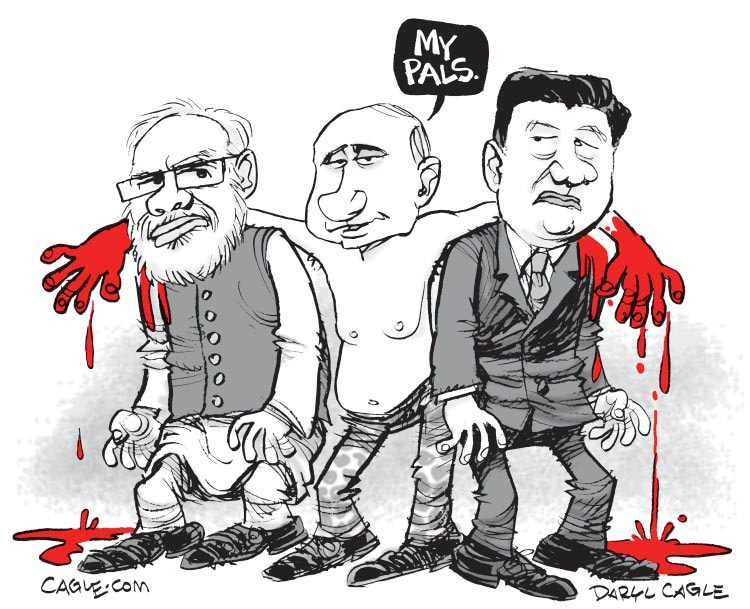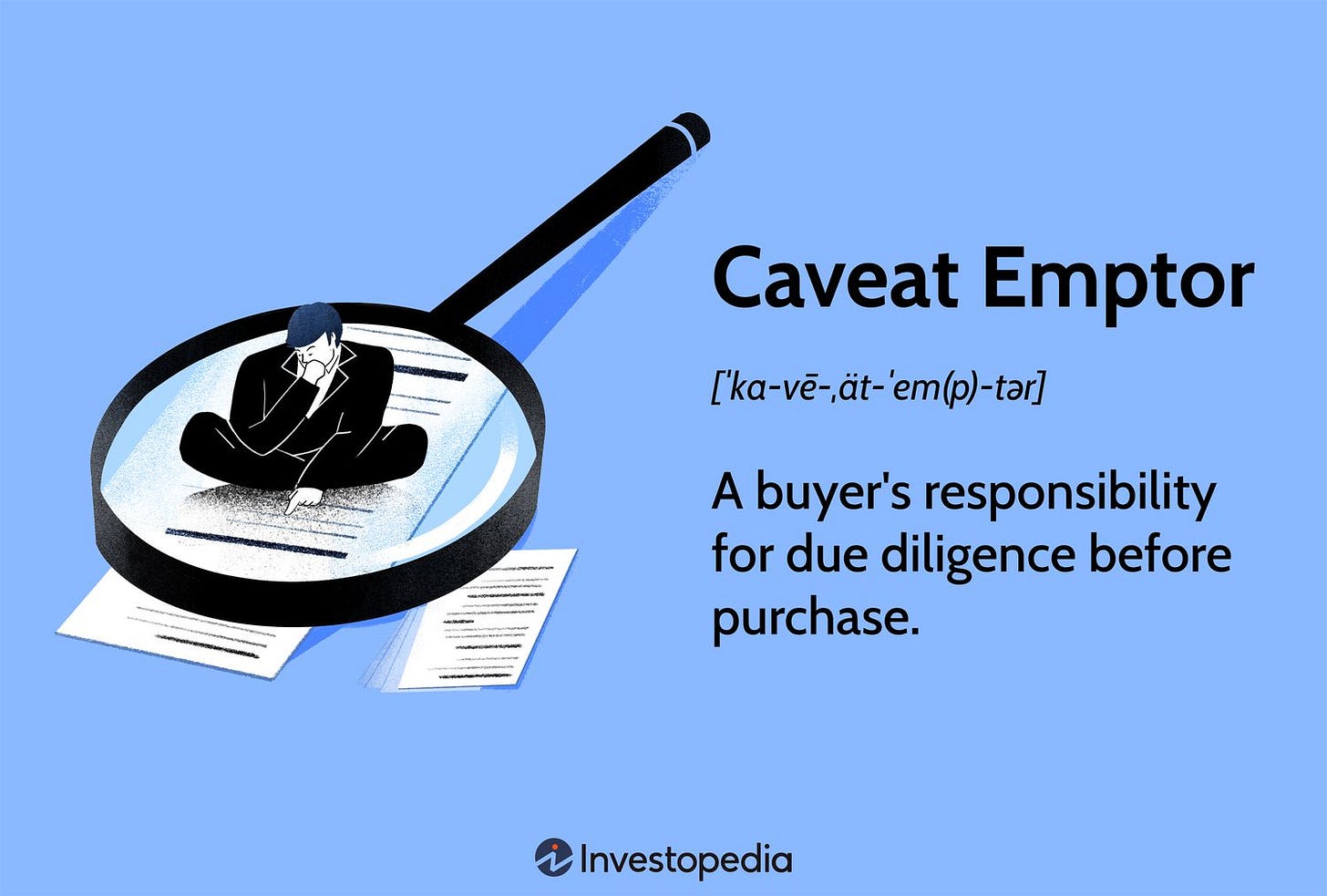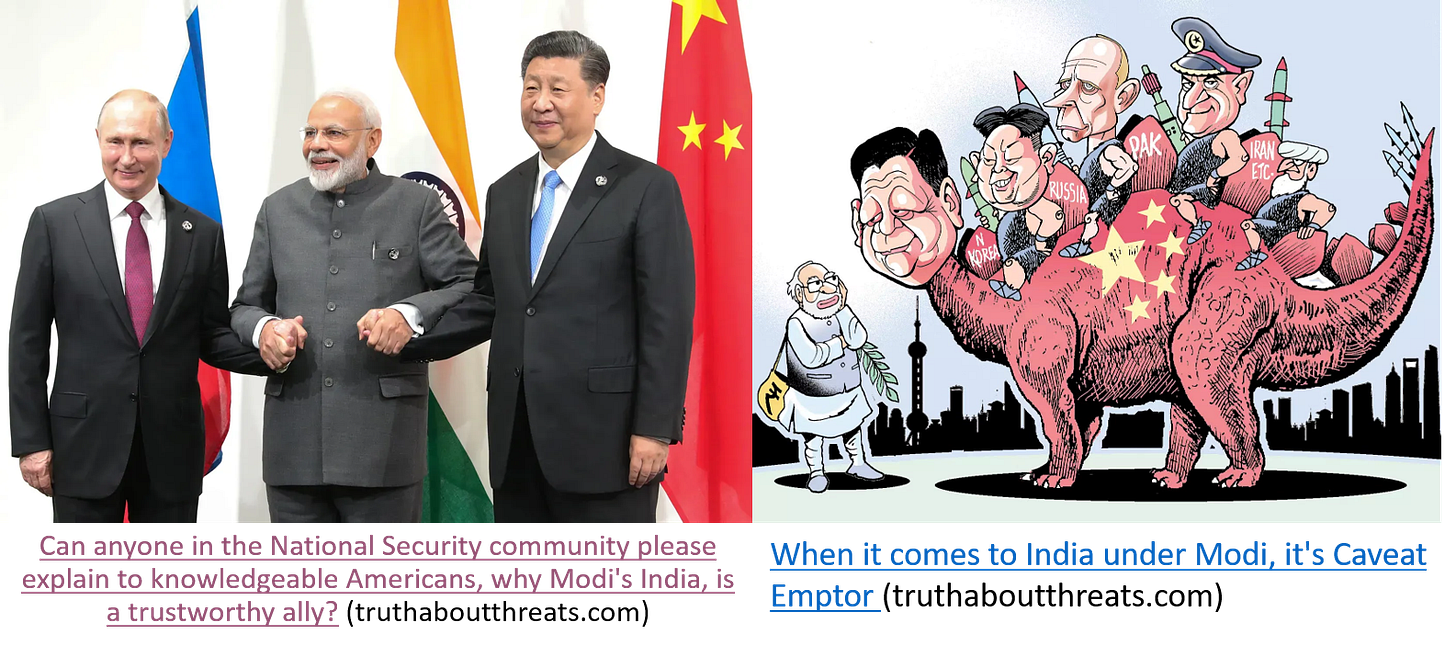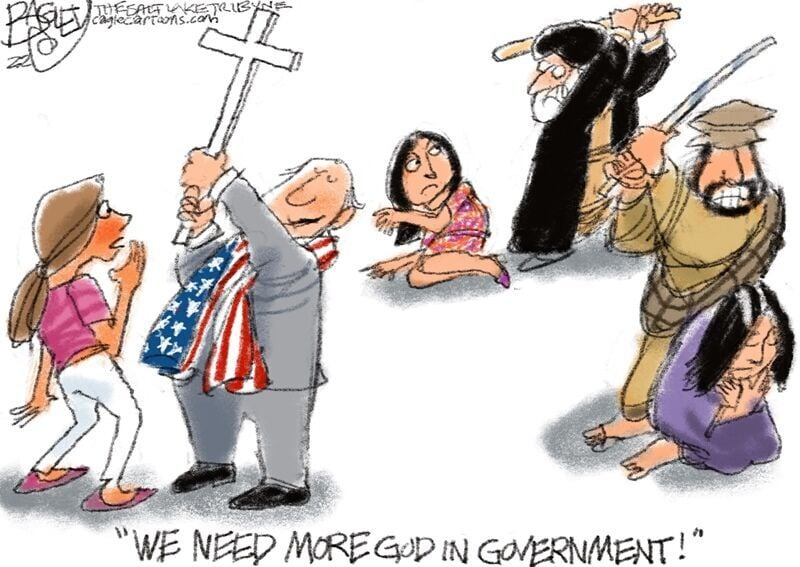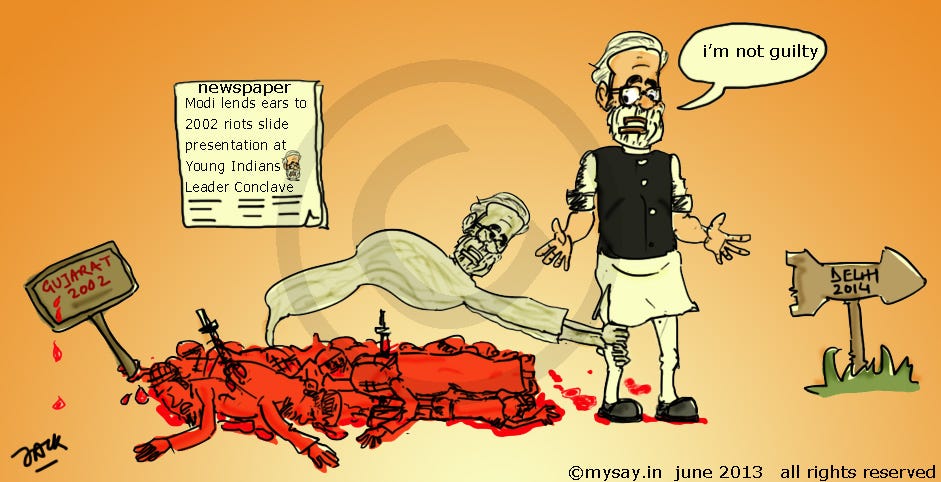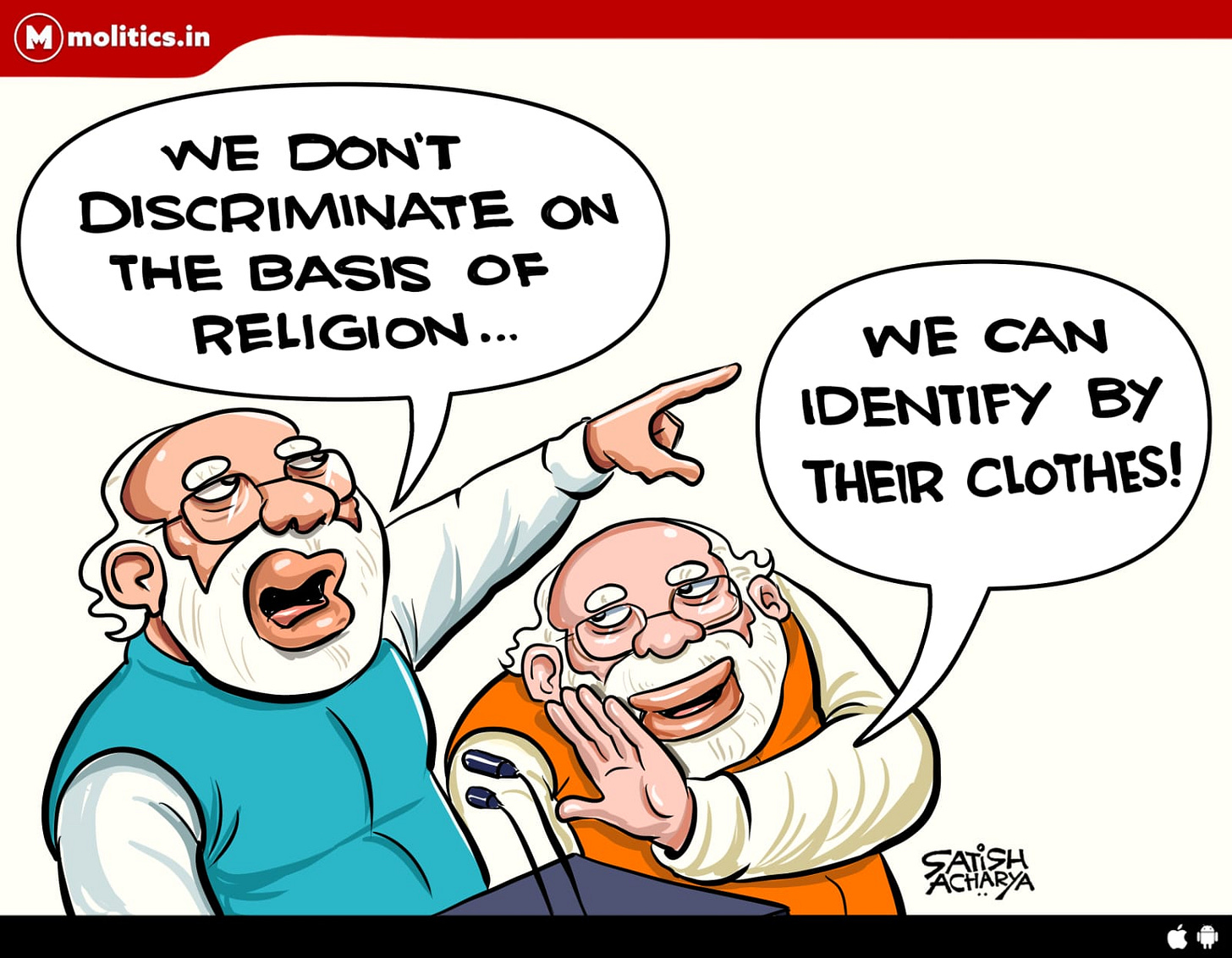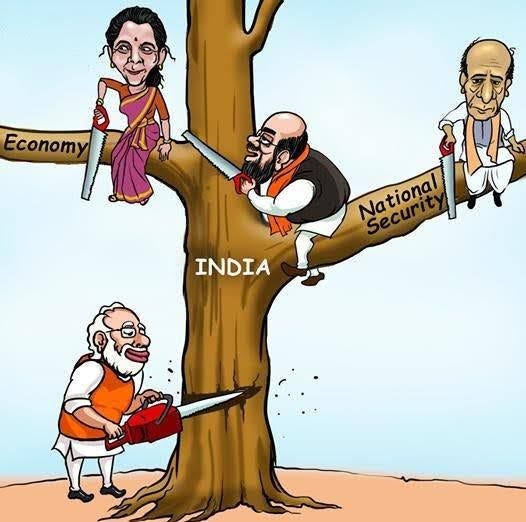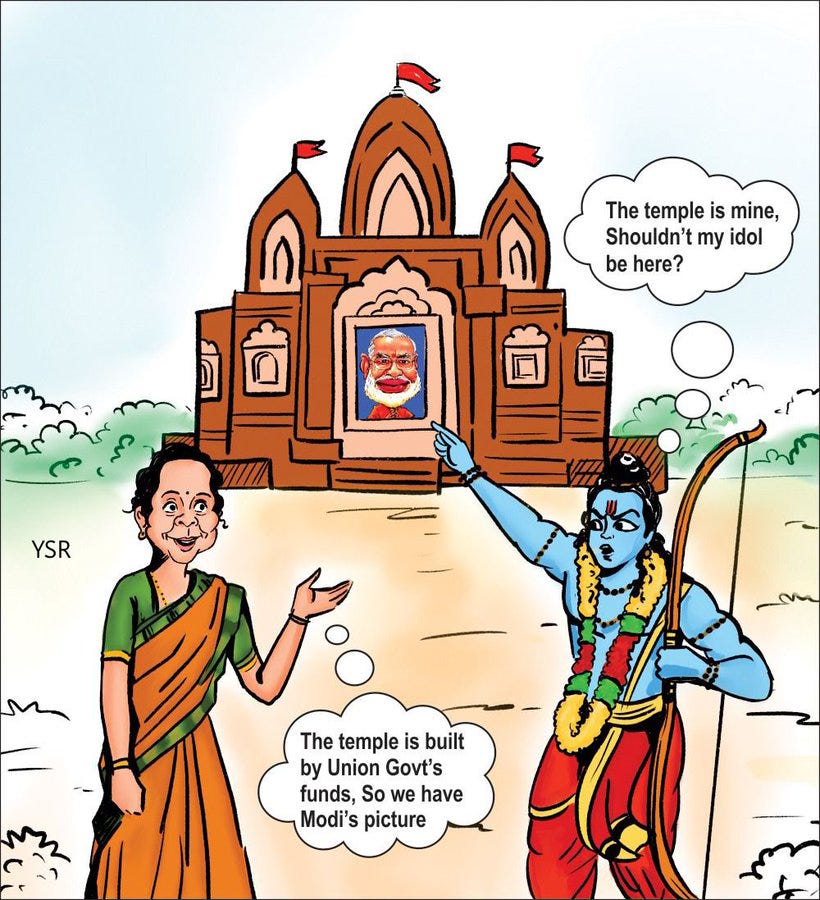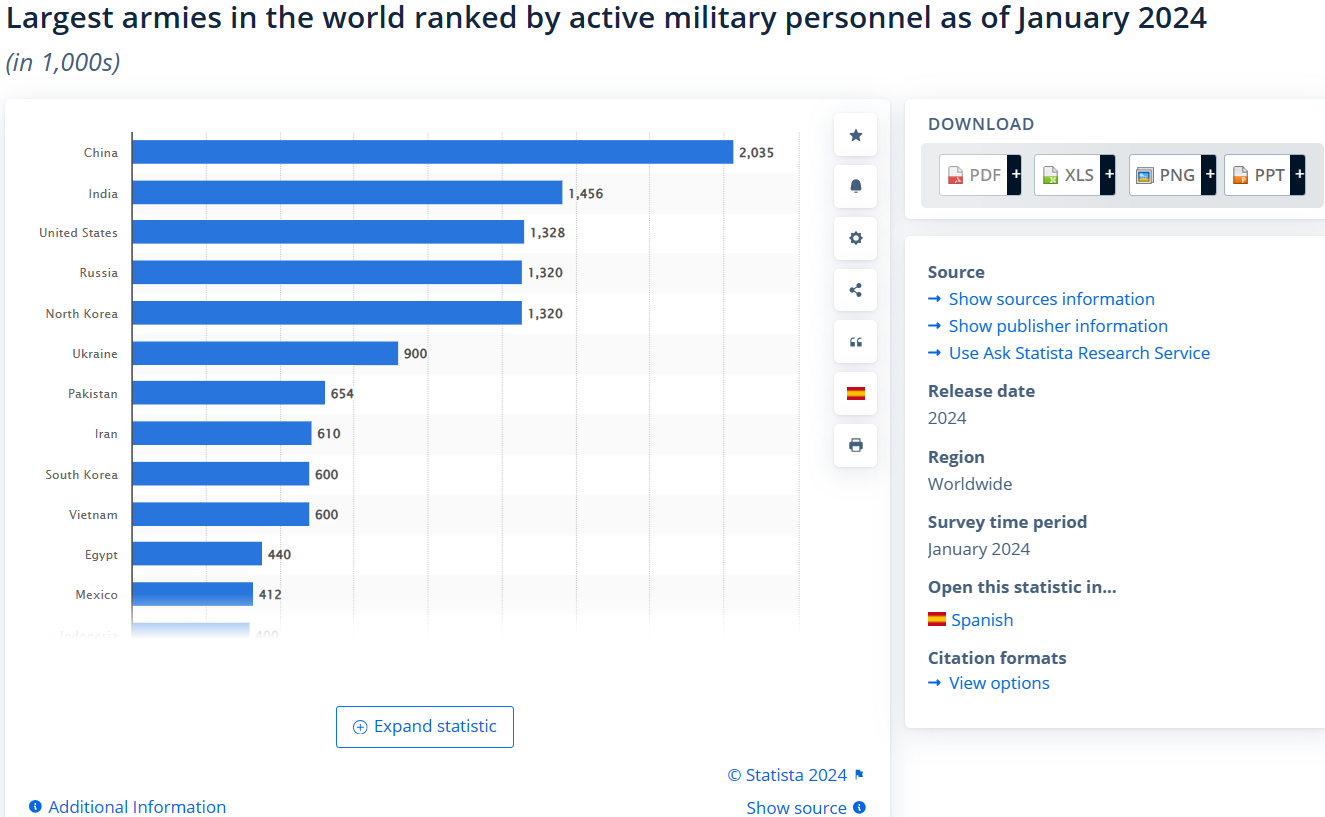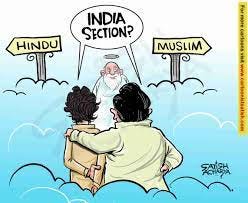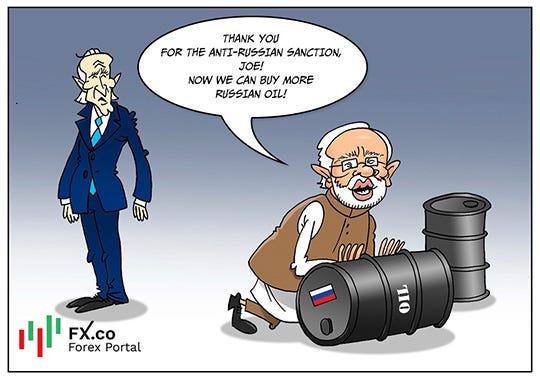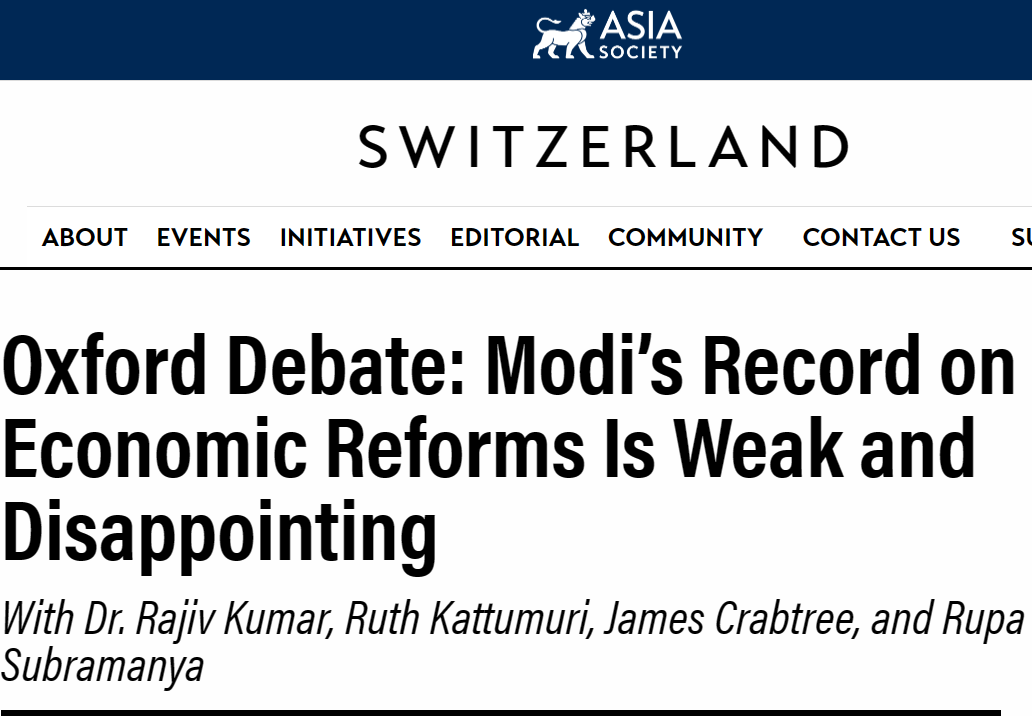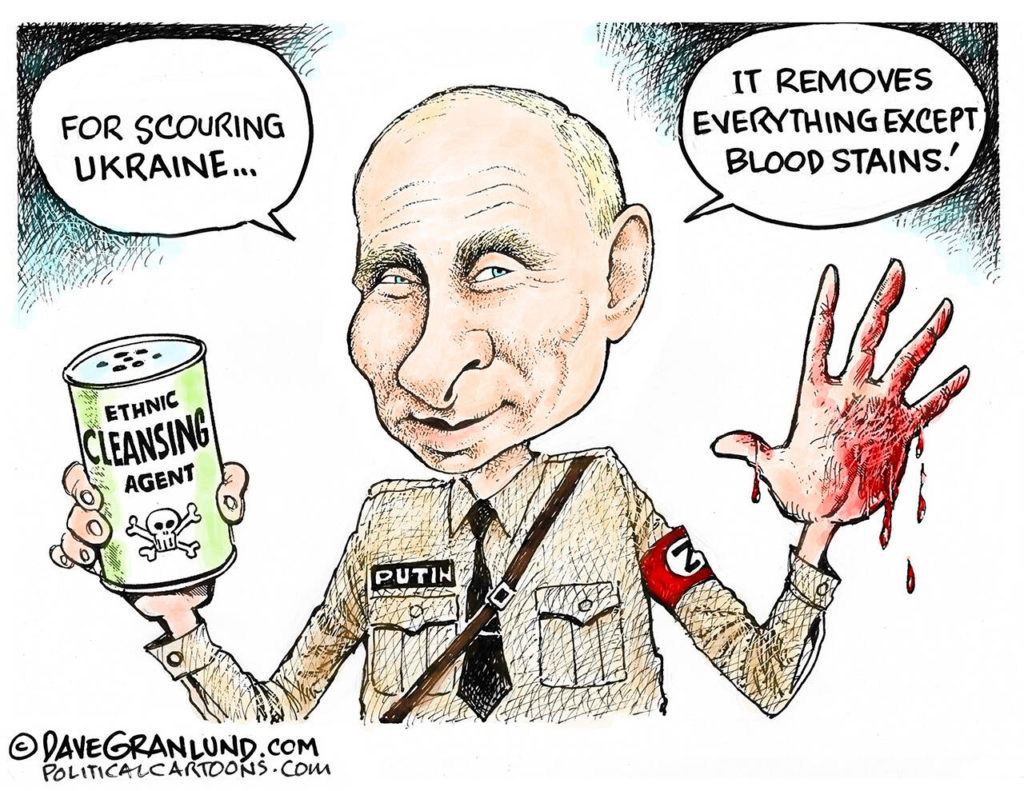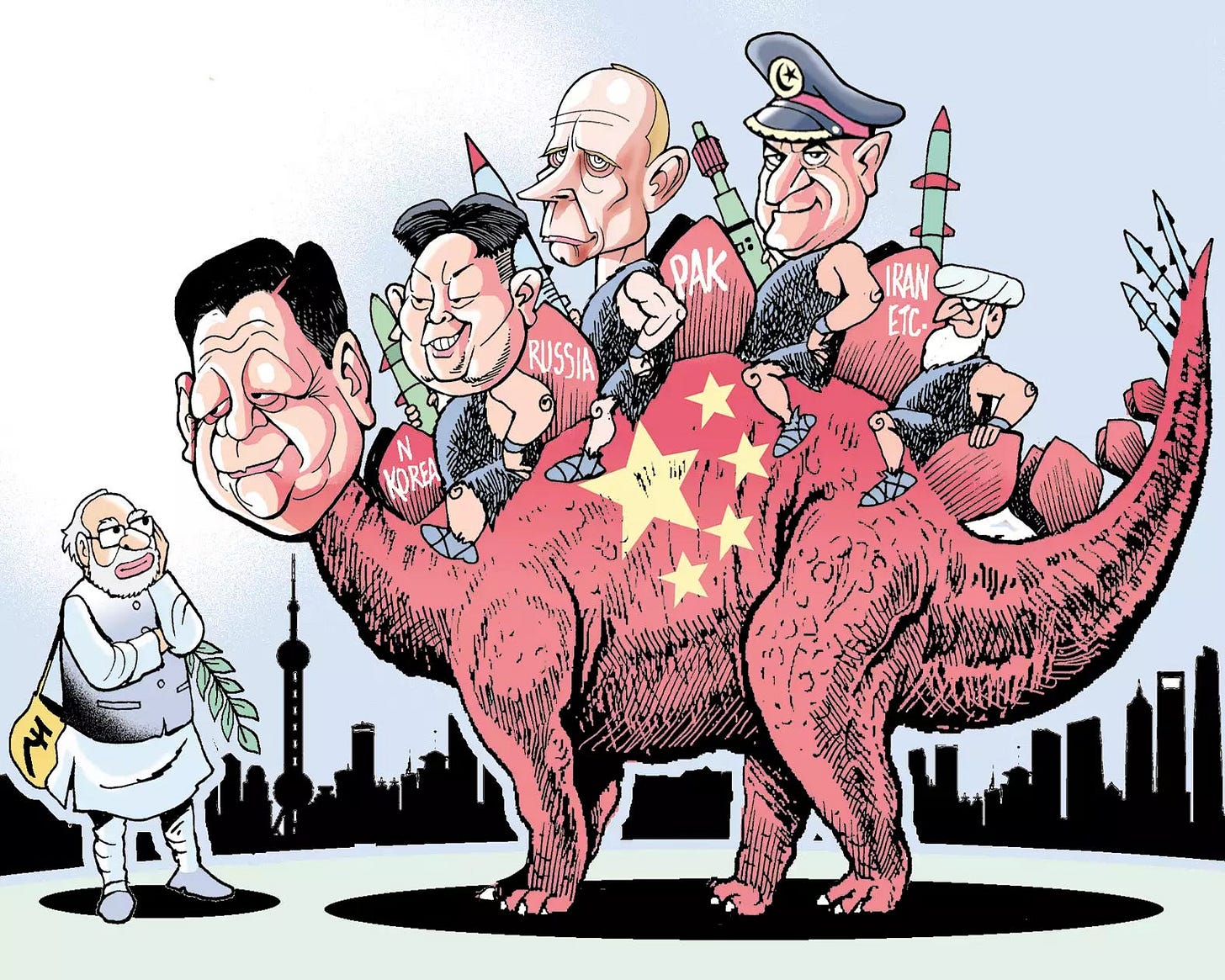India under Modi... friend or foe?
Happy “hump day” TAT readers,
As I go about writing to you regarding national security threats, I realized that it is also important, to introduce you to some of the primary players in global security. This is especially true for nations like the US that are less familiar with some of these players. Today I will offer a thumbnail sketch of India, Prime Minister Modi and their vacillating role in the global security landscape, where one of the Pentagon’s and NATO’s primary focuses, is what is called GPC or Great Power Competition.
Since within this article, I’m highly critical of the rapidly diminishing Indian democracy due to Modi’s unabashed and greedy pursuit of an extreme, right-wing theocracy with Hindutva as its ideology, I will begin first with the fact that I’ve long been a supporter of her now vanishing democracy. I’ve thoroughly embraced her multi-ethnic vibrancy and potential as a global player. I see the Modi era, one that will not last due to its undemocratic ideology called Hindutva and oppression by Modi’s party, the BJP, but first, she will experience the pain of division and conflict internally, past the threshold of political warfare. The indicators of this punctuate headlines daily in India and out by the diaspora. Internally though, there is risk in condemning either Modi or the BJP. That is not democracy.
Hindutva
"‘Hindu nationalism’ is a translation of the Indian concept of Hindutva, in which ‘Hindu-ness’ is not determined by religious affiliation but by nationality, culture and race – whether one’s ancestors, even very distantly, originated from the Indian subcontinent. (This definition includes practising Muslims, as long as their ancestors are from the subcontinent.) Before Modi led the BJP to its first-ever parliamentary majority in 2014, he was chief minister of the western state of Gujarat (2001–14), with a reputation for taking hardline positions towards the region’s Muslims. In 2005, the United States denied him a diplomatic visa to enter the country on the grounds that he had been responsible for ‘severe violations of religious freedom’ when he failed to stop anti-Muslim riots in Gujarat in 2002. Modi has been an advocate of Hindutva throughout his political career, but since becoming prime minister, he has also recognised the need to keep political extremists in check lest they threaten India’s prospects for economic growth and its ability to attract international investment." - The politics of Hindutva in India - IISS Report - NOV 2020 - Volume: 26 - Comment: 28 - Publisher: IISS
Trust me when I say that India could be a pivotal player for good or… bad. In my professional opinion, the jury is still out on this. I have written about India under Modi’s administration before and with the same assessment. Today is an overall view and it will come as no surprise that the bottom line, is still the same. When it comes to India under Modi, it is Caveat Emptor, “buyer beware.” Below are two pervious TAT articles on this topic:
As that in today’s world, India is poorly understood, other than a line or two in most news stories that state: “India is the world’s largest democracy” we rarely are informed about the state of that democracy or the nation at all, for that matter.
I have long had an interest in India from a religious, anthropological and national security point of view, which I blame gratefully, on my dad, a history and government teacher. Dad had his own lifelong interest in “comparative religion” as a foundational element of religious impacts on our history and the governments impacted by religious practices. Like him and my mother, I always am open-minded, not judgmental and fair in discussions… with the only exception being when religion underpins evil, war and oppression of human beings. Even then, I am fair in my assessment, never once condemning an entire religion, but only those using an aberrant form, for their own selfish and immoral desires.
This is where I am with Modi, and his political party, the BJP. Modi wields Hindutva (rabid Hindu Nationalism) the same that the US Republican party wields WCN/ White Christian Nationalism. Both use extremist religious views as a club to force their religious beliefs onto an entire nation, for the sole purpose of creating an oppressive, oligarchical theocracy. As examples of these types of government, look no further than the Saudis, Iran, Afghanistan etc.
If a government enforces a state religion with “vice police or moral police, it is a theocracy of an aberrant misinterpretation of religious doctrine for the purpose of control. In fact, this is the driving force also in Bibi Netanyahu’s cabinet and resisted aggressively by roughly 80% of all Israelis. It is what drives today’s MAGA controlled GOP and my home state of Texas, is a living, breathing example. In Modi’s India and the BJP’s MAGA-like support via violent extremism, the BJP are quite clearly, the “religious police.”
By the numbers, India is in theory, the world’s largest democracy. In reality, I would challenge that their democracy is safe from Modi and the BJP. Ever since Modi’s populist rise, India has become daily, more like Modi’s former state of Gujarat, where rabid Hindutva has led to massive riots and oppression of those who do not “toe the line” set by Hindu extreme nationalists.
He was also known for his Hindu nationalist beliefs and for the Gujarat riots of 2002. Months of communal violence spread across the state that year, after Modi blamed Islamic terrorists for a fire on a train of Hindu pilgrims. The riots resulted in more than a thousand, mostly Muslim, deaths. Modi’s administration was accused of both inciting the violence and then failing to bring it under control but was cleared of complicity in 2012. - Democracy in India - Gareth Price - Chatham House - 07 April 2022
"India, home to more than one billion people, has been a land of religious diversity for thousands of years. It is the birthplace of four religions, Hinduism, Buddhism, Jainism, and Sikhism, and has also assimilated two major faiths that were imported to its shores, Islam and Christianity." - Religion, the story of India - PBS
India is home to a very diverse religious landscape and respect for these diverse faiths, is ensconced in her constitution. That same constitution is being ignored and dishonestly interpreted by Modi, the BJP and the oligarchs who keep him in power for their own selfish reasons. If this sounds familiar, it should in today’s America as well. The Indian Supreme Court these days is more like the one here in Texas, a rubber-stamp for extremist, unconstitutional legislation based on religious beliefs. Like Texas, theocracy in India is unconstitutional and a severe threat to democracy, hence national security.
Indians are deservedly proud of their constitution and democracy. The strong undertow of resentment of Modi and the BJP, is present in most Indian states. Like Today’s GOP in so called “red states” laws are written, passed and enforced, based on Hindutva, not the constitution and under extreme political pressure from the BJP.
We must remember that when the US Civil War began, our nation was 87 years old. Today, India is 77 years old. In both cases, religion played a role in driving conflict. When the Civil War began officially in 1861 and after decades of building issues over slavery and different Christian interpretations that either justified or condemned it, we were just as at odds between our countrymen as India and Pakistan are today.
What we at our Think/ Do Tank, Narrative Strategies professionally call our NI or Narrative Identity is most often what guides our decision-making. Those identities endure for hundreds if not thousands of years. In today’s America, there is little different between the identities of 1865 Union and the Confederacy. The words are different but there is no doubt, that today’s GOP is directly correlated to the ideological beliefs of the Antebellum, Civil War era and Civil Rights era.
Modi employs Hindutva in precisely the same way, as the motivating trigger within the far-right element of the Hindu population. Certainly, a great many Hindus don’t agree but like today’s Republican Party, principled conservatives are powerless to go against the MAGA controlling element.
Indians of minority faiths, especially non-Hindus are understandably threatened, especially Muslim and Sikh Indians, special targets of the BJP. Historically, there is the issue of hundreds of years of conflict, animosity and violence. This was especially present and the cause of millions of deaths between Hindus and Muslims, during the partition phase that granted both Pakistan and India, their independence from Britain in 1947.
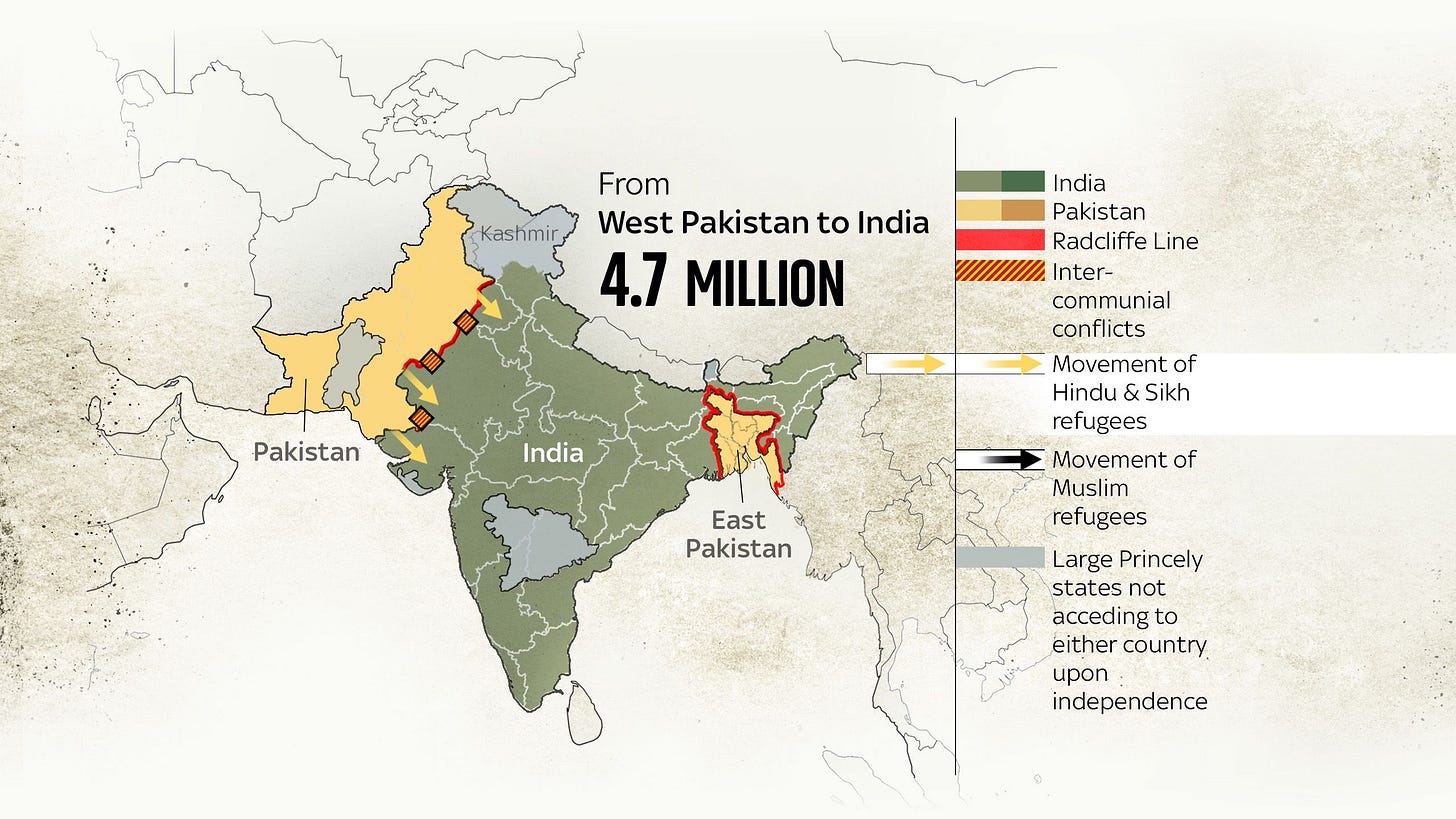
"The two nations have co-existed uneasily since the 1947 partition of India, which ended almost two centuries of British rule in the region and led to the largest mass migration in human history. The partition created the independent nations of Muslim-majority Pakistan and Hindu-majority India, separating the provinces of Bengal and Punjab along religious lines, despite the fact that Muslims and Hindus lived in mixed communities throughout the area, Satia said. Although the agreement required no relocation, about 15 million people moved or were forced to move, and between half a million to 2 million died in the ensuing violence." - Stanford scholar explains the history of India’s partition, its ongoing effects today - Stanford News - Alex Shashkevich - 08 March 2019
India is geo-politically speaking, a major player on the world stage. She has the third largest economy, a powerful military and just recently took their turn as the host of the G-20 summit in Delhi. It was there in Delhi at the Summit table, that the threat, which is the point of this article was on full display. My primary personal wariness of completely embracing Modi’s India, is that Modi’s ultimate goal of a theocratic Hindu nation instead of a democracy, is a threat to the entire world. While that the religious beliefs of ethical participants of India’s diverse religious landscape are not in question, Modi and the religious ideology of his BJP and their Hindutva is.
In just one example of Modi and the BJP driving divisiveness between the persecuted Muslim community and his army of rabid devotees of Hindutva, is the recent event below.
India’s Modi Opens Controversial Hindu Temple in Ayodhya The building of the Ram temple at the site of a demolished 16th century mosque is expected to provide a shot in the arm to the Hindu nationalist BJP’s prospects in upcoming elections. - The Diplomat - Biswajeet Banerjee, Sheikh Saaliq and Krutika Pathi - January 22, 2024
Why does all of this background matter to US, NATO and global security?
Modi, supported by Hindutva ideology and an army called the BJP, will become even more of a far-right authoritarian than he is now. His actions on the global stage betray as much alignment with Putin, Xi, Iran, N. Korea etc. as his alleged cooperation with the West and the RBIO, Rules-based, International Order. Remember that countries, like people are what they do, not what they say. Below, are some of my primary concerns and yes, I will do my best to not do a deep dive, on each point. This is already long enough.
A power-hungry Modi or Hindutva backed successor could only draw one, logical conclusion about their future or the future of India, regarding the slowly evolving geo-political alignment on the Eurasian continent. India must join the alignment or perish.
On the continent we have several nuclear or assumed to be nuclear armed nations. Nearly all, are current adversaries of the West. Three of the four largest militaries, all WMD armed nations live in the same neighborhood. Of the top ten, only the US does not live on the Eurasian continent. At least 7 are nuclear armed and China’s and India’s economies are 2 of the top three. The continent is home to the majority of the world’s oil and cumulatively boasts of a transportation network, far superior for logistics to any other in the west, except for Europe. We have seen pointedly; how bad a large army can fail without logistics in Putin’s genocidal invasion of Ukraine.
An authoritarian nation that operates on extremist, Hindu nationalism is a poor fit for the neighbor. Not Hinduism mind you, but an aggressive Hindutva state surrounded on all sides by Muslim nations, with few exceptions, is fraught with peril. Again, it is not that either Muslims or Hindus are not compatible neighbors but ever proliferating numbers and variations of extremists on both sides are not.
India, like China share about 60% of weapons systems with Russia. Their militaries are built on it. India is slightly more diverse but not to the point that it would change outcomes in a major conflict where they were deprived of resupply or service to their old Soviet Bloc/ Russian systems.
India still refuses to condemn Putin’s war crimes or his invasion of Ukraine.
It would seem that it is not weapons or oil, but Russian/ Indian relations appear to be deeper commitment, not less.
India still is a cog-in-the-wheel of Putin evading sanctions, as is China.
"INDIA’S APPROACH TO UKRAINE Throughout the Cold War, India was a principled leader of the nonaligned movement. A cornerstone of Indian foreign policy, first articulated by former Indian prime minister Jawaharlal Nehru, is that great powers should never define India’s interests or policies. India has persisted with this vision through its refusal to sacrifice its ties with Russia over the war in Ukraine. Instead, it has taken advantage of Western sanctions on Russia by purchasing cheap oil in bulk. In 2022, India went from importing almost no Russian oil to importing over 1 million barrels per day, the price of which had been depressed by the sanctions regime.1 By the end of 2022, India was importing 33 times the amount of Russian crude than it had a year before.2 (Some of these imports were then re-exported to Europe.3)" - India in the emerging World Order - Carnegie Endowment for International Peace - Christopher S. Chivvis, Beatrix Geagan-Breiner - November 6, 2023Just two months ago it was Russia and India sitting down to discuss cooperation on aircraft weapons manufacturing. This, while Putin uses these weapons to commit war crimes in Ukraine.
Modi’s economic accomplishments are not all that he portrays them to be. India is a farming and manufacturing giant. This requires fuel and they bought 33 times more oil from Russia in 2023 than they had in 2022. They cannot survive without Russia’s now cheaper bulk fuel prices. Everyone understands their economy’s needs but what about the morality of truthfully condemning war crimes and joining in the more moral world instead of covering for a war criminal with dishonesty.
The economic threat from India’s massive trade deficit with Xi’s China is another key issue that detracts from trusting India’s allegiance blindly. In the recent G 20 Summit hosted by Modi, Xi nor Putin attended. Many experts, including me, see this as a sign that unless Modi leans into a preference for the Ru/ Ch bloc, he will not find the status and respect he craves. It must be noted that in the months since the G 20, Modi has kept his head down even further regarding Putin or Xi. He’s simply not willing to show strong leadership on the world stage.
India’s extremely muted response to the Iranian backed, Houthi attempt to shut down shipping, which would severely impact some key aspects of the Indian economy.
"At the international level, India refrained from joining the multinational Operation Prosperity Guardian, despite an invitation from the United States. This led some to point out that India needs to do more diplomatically, including working with the U.S. and other countries, to provide an effective response, especially in light of its aspirations to become a security provider in the Indian Ocean. However, India’s fairly passive response reflects a careful assessment of the evolving situation, allowing New Delhi the time and space to respond in a manner which allows it to maximize its own interests." - Making Sense of India’s Muted Response to the Red Sea Crisis India’s supposedly passive response is characteristic of New Delhi’s tightrope balance between Iran and the United States - The Diplomat -By Rushali Saha - January 22, 2024
These details supporting my reticence to a reliable partner in Modi’s India could go on for pages but for today, it is enough. Most probably thought so several paragraphs ago, including my fingers.
Let’s briefly sum this up.
I will continue to champion the prospects for Indian democracy, while concurrently calling out the ever-increasing race towards an oppressive, oligarchical theocracy, within India. I as a matter of honoring my military oath to protect our nation, must also tell the truth about our security relationship with a nation that daily strains the bond on democracy and friendship with the US. When Putin’s genocidal war in Ukraine is over and if, he still has a military or a job, the bond of far-right authoritarianism on the Eurasian continent will become stronger than ever. None of Putin, Xi or Modi is currently capable of unilaterally taking on the West as a sole superpower, for perhaps another decade. The only question in that decade that matters, is whose side, will India be on as a theocracy rather than a democracy?
India’s long history of leading the Non-Aligned Movement which came to be during the Cold War is now far beyond suspect. Her version of being non-aligned in terms of percentages, is approximately 65% aligned with the Eurasian bloc of authoritarian and aggressor nations. I would love to depend on her and am fully aware of the effort and considerations that the US is pouring into the relationship but in my opinion, this investment is more like unrequited love. Sure, we can occasionally be friends, but let’s not build an IndoPacific security strategy around Modi, as a dependable player.
At the moment, my analysis and assessment is unchanged from what I have written for well over a year, “when it comes to Modi’s India, it is caveat emptor” no matter what public announcements declare otherwise.
This is a long one for Midweek but in an election year for both us and India, these are critical foreign policy issues, and more voters need this kind of information. Please do not be shy in sharing, should you feel this worthwhile.
My very best for the rest of your week,
Paul


